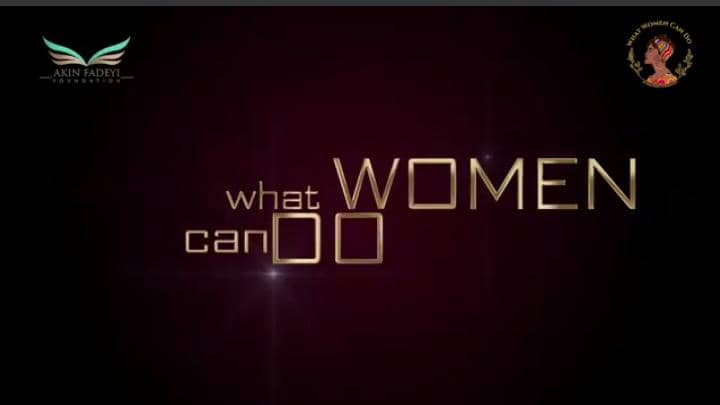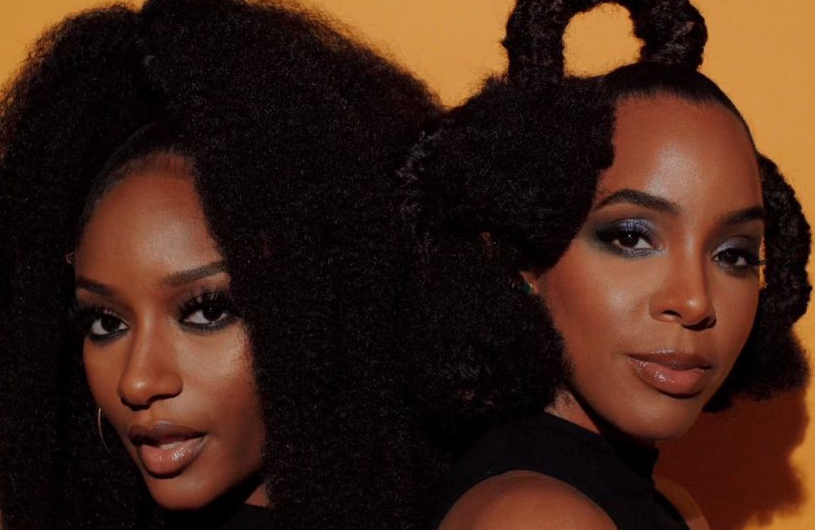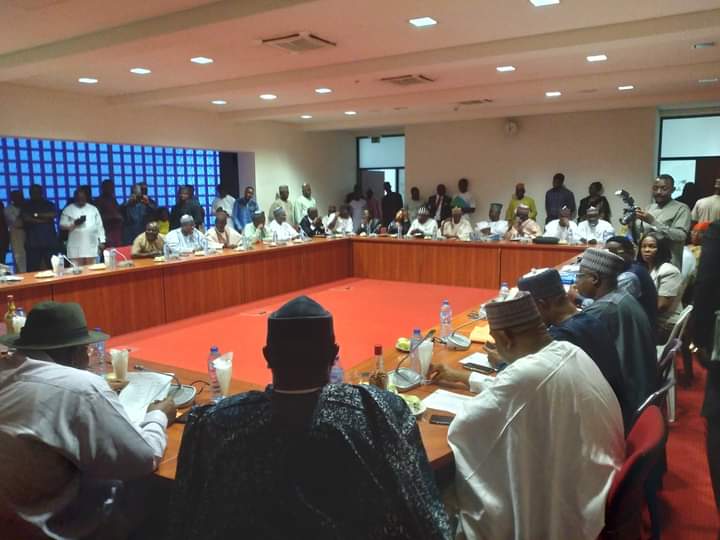The Akin Fadeyi Foundation, a non-governmental organisation (NGO), says it will present the results of a competition on gender-inclusive leadership on October 11.
The project, titled ‘What Women Can Do’, is a competition geared towards increasing women participation in governance.
TheCable had reported that the competiton kicked off with a media dialogue on July 19.
Akin Fadeyi, AFF executive director, had said the competition seeks to tap into the potentials of women as significant social actors, and stimulate gender-inclusive leadership.
Advertisement
Oluwatomi Okeowo, AFF head of programmes, in a statement on Thursday, said the competition has been enlightening and exciting, adding that over 50 policy proposals of applicants were received, and 15 among them qualified for the grand finale.
Okeowo said the selected contestants will make pitches on what they will do to stamp out corruption and show their capacity as change agents if they find themselves in positions of power and responsibility.
“Following the competition on gender inclusive leadership, ‘What Can Women Do’, which it launched on the 19th of July 2022, Nigeria’s foremost public accountability platform, the Akin Fadeyi Foundation (AFF), is set on presenting the results of this contest in a grand finale on Tuesday 11th of October 2022,” the statement reads.
Advertisement
“This has been a most enlightening and exciting competition, in which over 50 entries were received as interesting policy proposals, and 15 remarkable ones qualified for the grand finale, during which those selected will make pitches on what they will do to stamp out corruption if they find themselves in positions of public responsibility and power.
“The What ‘Women Can Do’ project, as championed by the Akin Fadeyi Foundation, offers a platform for the voices and perspectives of women to come through in a unique dimension to social re-engineering and accountability.
“The struggle for gender equality and gender inclusive governance has become one of the great issues of our time.
“Evidence of how poorly run society and its institutions have been in many parts of the world – and certainly in Nigeria – abound, no doubt as essential to a patriarchal ethos in the past several decades.
Advertisement
“Hence, enabling a platform for female voices and perspectives on governance and public policy to come through is not only about promoting the representation of a vital demography on social issues and processes, but a matter of human survival.”
Add a comment






